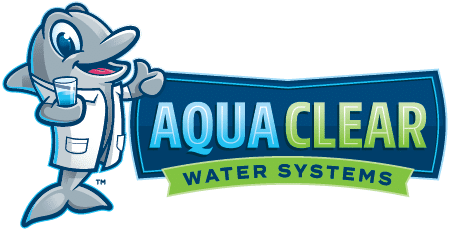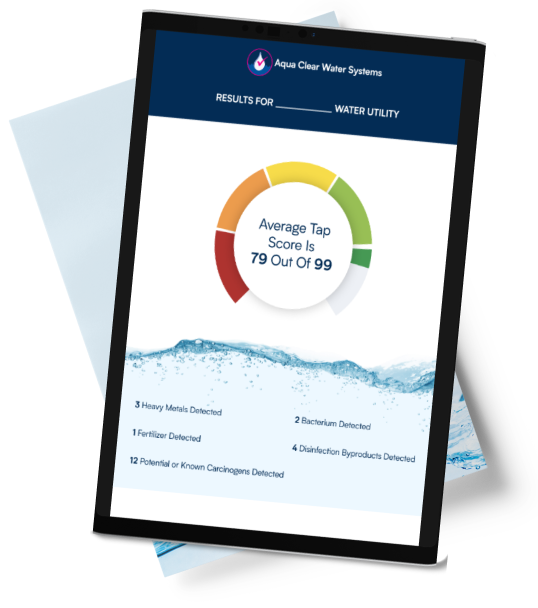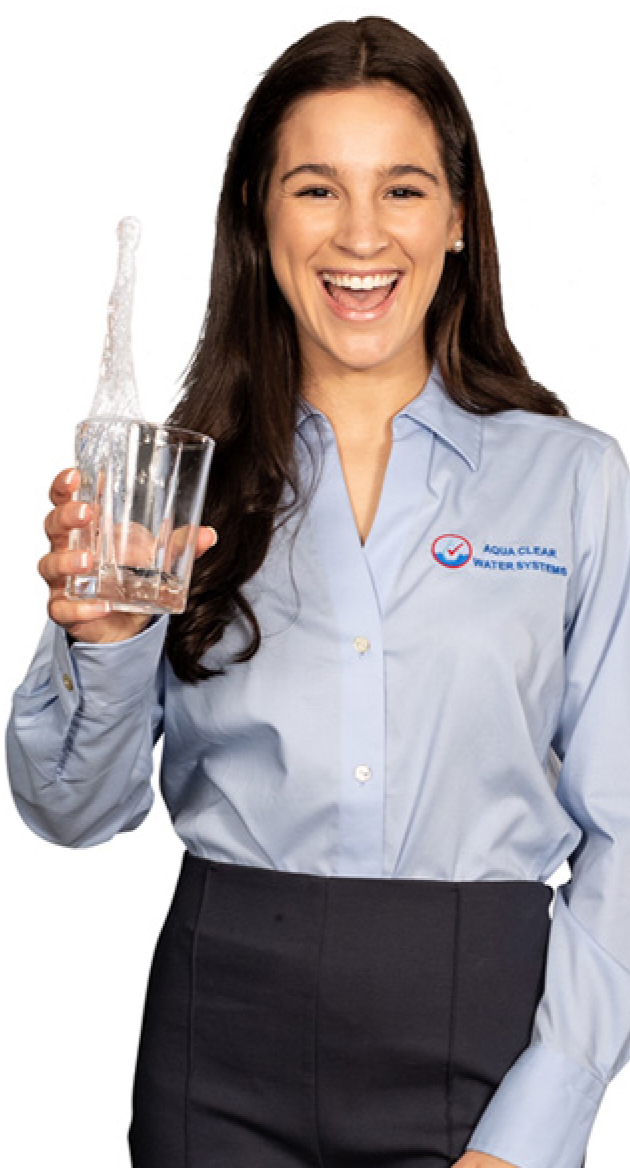Clean, clear, and drinkable water isn’t just an important daily requirement—it’s an absolute necessity. Whenever U.S. homeowners consider upgrading or modifying their home water systems, two obvious solutions come to mind: under-sink systems and whole home water filters.
Both of these unique systems have their own distinct advantages. The optimal choice for your household, however, depends heavily on your budget, needs, and lifestyle.
In this article, we’ll compare the pros and cons of each option, as well as highlight potential drawbacks, so you can make the best decision for both your home and family.
Why Water Filtration Matters
Regardless of whether you live in a suburban home, rural community, or inner-city apartment, the water running through your pipes and taps can still contain contaminants such as pesticides, lead, chlorine, and sediment.
Even though most U.S. water supplies meet federal safety standards, the EPA acknowledges that these standards don’t always account for new and emerging pollutants such as PFAS (“forever chemicals”) or trace pharmaceuticals.
Because of these concerns, homeowners are increasingly turning to water filtration systems. Not only do they radically improve taste and clarity, but they also reduce exposure to potentially harmful contaminants that may impact long-term health.
Contaminated water can also harbor microorganisms such as parasites, viruses, or bacteria that may cause stomach aches or other health issues. Even though city treatment plants usually reduce these dangers, occasional pipe leaks or aging plumbing systems can still pose risks.
Minerals like magnesium and calcium cause hard water, which can lead to scale buildup and skin irritation. This combination of biological, chemical, and mineral concerns is why many families see filtration as not just an upgrade, but essential to their overall health.
What Is a Whole Home Water Filter?
A whole home water filter (also known as a point-of-entry system) cleanses the water as soon as it enters your home. This means every water outlet in your house—faucets, showerheads, and water-fed appliances—receives filtered water.
Benefits of a Whole Home Water Filter
- Improved showers – Removes harmful chemicals and chlorine, protecting skin and hair.
- Extensive coverage – Every water source in your home is treated.
- Longer appliance lifespan – Reduces scale buildup in washing machines, dishwashers, and water heaters.
- Efficiency – One system handles everything, with low-maintenance cartridge or tank replacements.
Potential Drawbacks of a Whole Home Water Filter
- Higher upfront cost – Installation typically ranges between $1,500 and $5,000 depending on system type and house size.
- Limited customization – While excellent for chlorine, sediment, and some chemicals, whole house filters may not remove pollutants such as nitrates or fluoride unless paired with advanced filtration technology.
What Is an Under-Sink Water Filter?
An under-sink system (also known as a point-of-use filter) is installed directly beneath a kitchen sink and filters only the water from that faucet. Most homeowners choose this option when they are primarily concerned about drinking and cooking water.
Benefits of an Under-Sink System
- Targeted filtration – Removes specific pollutants of concern.
- Cost-effective – Installation is significantly more affordable than whole home systems.
- Compact design – Fits neatly beneath your sink without taking up space.
- Improved taste – Produces crisp, clean-tasting water often comparable to bottled water.
Potential Drawbacks of an Under-Sink System
- Partial coverage – Only the water from one faucet is treated; other taps and appliances remain unprotected.
- Frequent filter changes – Cartridges often require replacement every 6–12 months.
- Water waste (RO systems) – Some reverse osmosis systems waste several gallons for every gallon purified.
Whole Home vs Under-Sink: Which Fits Your Needs?
Your choice depends on your goals, family size, and lifestyle.
When to Choose a Whole Home Water Filter
- You live in an area with hard water or chlorine-heavy municipal supplies.
- You want to protect plumbing and appliances from mineral buildup and scale.
- You have children and care about bathing water quality.
- You want every faucet and appliance to benefit from cleaner water.
When to Choose an Under-Sink Filter
- You’re primarily concerned about drinking and cooking water quality.
- You live in a small apartment or rental property where large installations aren’t possible.
- You want to minimize upfront costs and are comfortable with cartridge replacements.
- You prefer highly customized filtration such as reverse osmosis for fluoride, lead, or pharmaceutical removal.
Which Is Best for You?
There isn’t a universal “one-size-fits-all” solution for water filtration. A whole home water filter is often the best choice if you want longer appliance life, better showers, and full-home protection. However, if your primary focus is affordable clean drinking water, an under-sink system is the most practical option.
If you’re still unsure which system is best for your household, Aqua Clear Water Systems specializes in designing the perfect solution for families across Tennessee. Whether you’re leaning toward a whole home filter or an under-sink system, our team can test your water, analyze your unique situation, and recommend the right solution.
Contact us today for your free water consultation and start enjoying healthier, cleaner water tomorrow.







